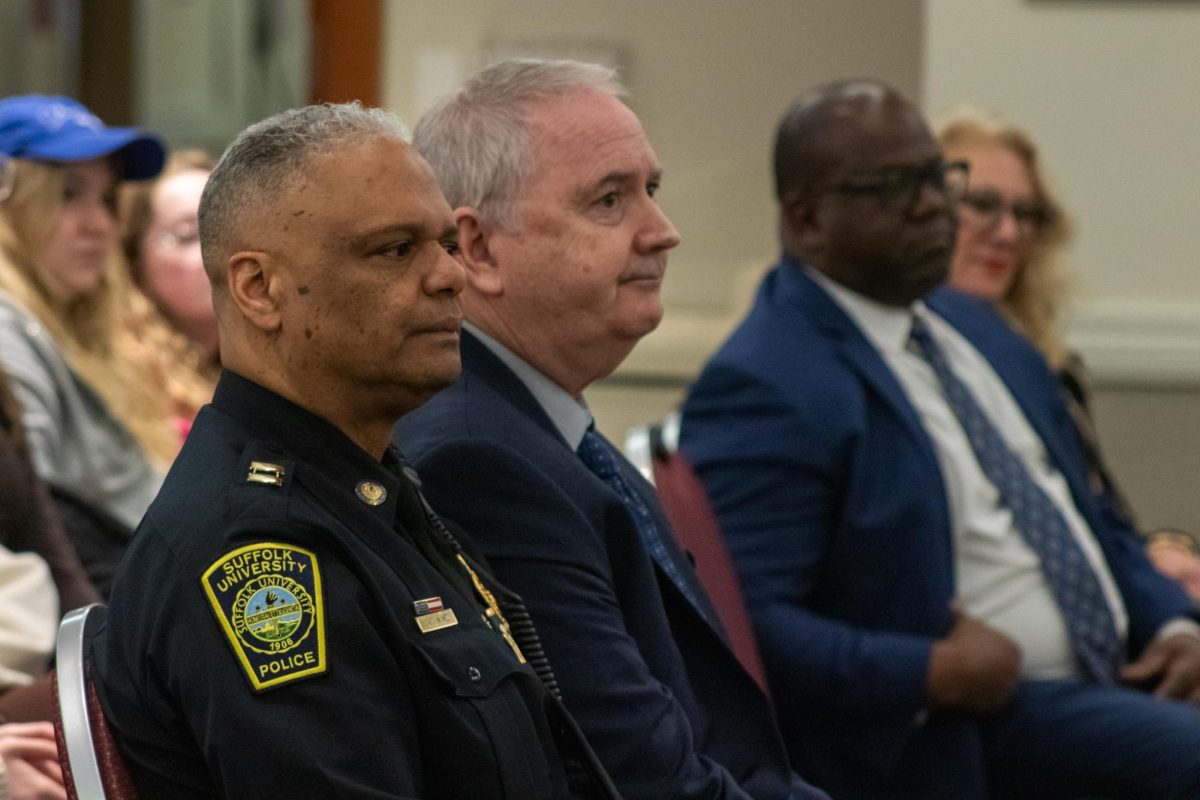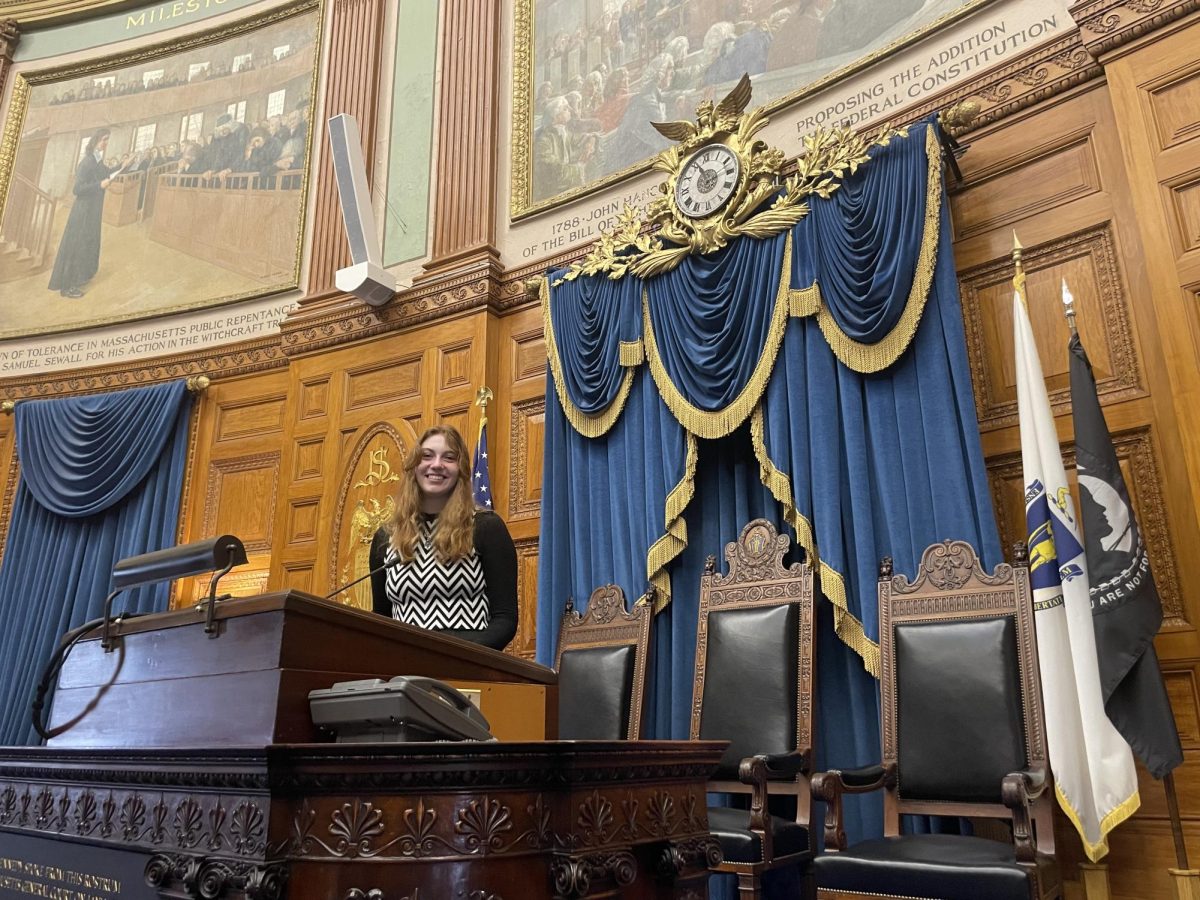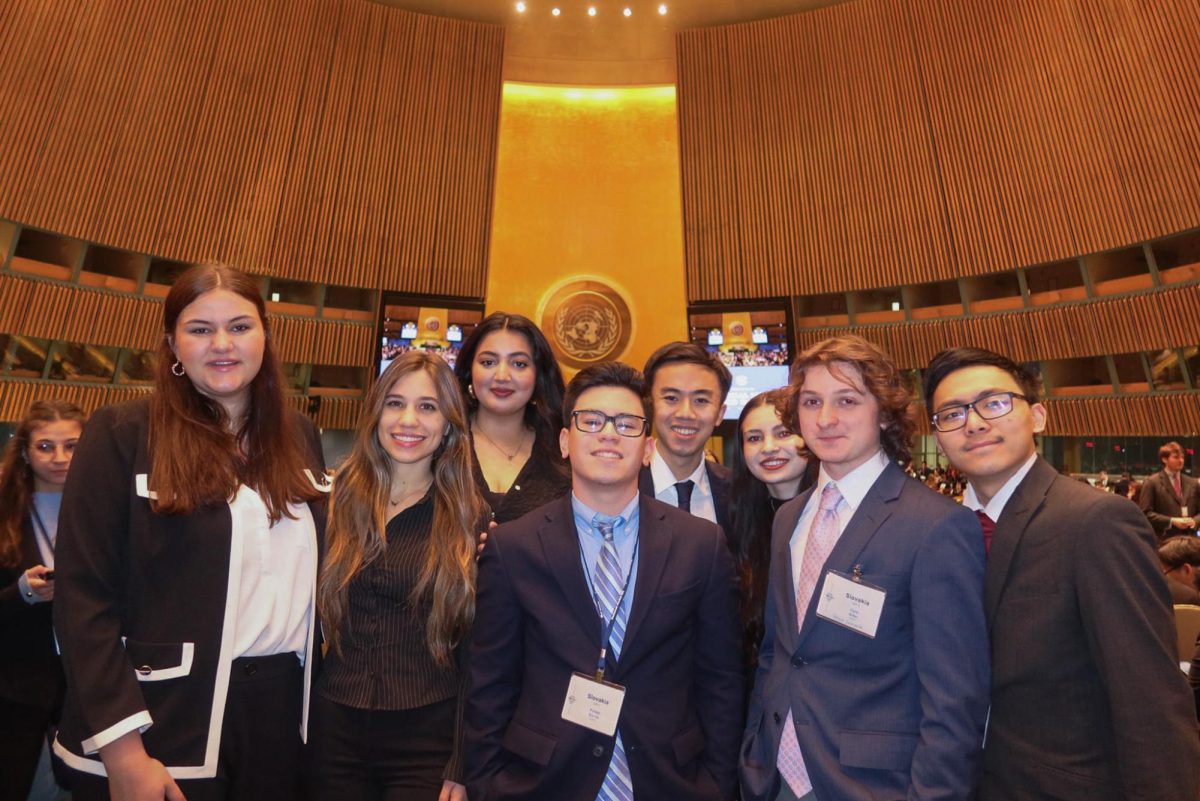Melissa Hanson
Journal Contributor
Last Wednesday evening in the C. Walsh Theatre, featured academic scholar and George Washington University law professor Jeffery Rosen presented “Privacy in the Digital Age.”
Greg Freed, chair of the Philosophy Department, introduced Rosen, informing an audience of students and faculty of his numerous accomplishments. Now an expert on constitutional law, Rosen has B.A. degrees from Harvard and Oxford, along with a law degree from Yale University. Alongside his educational achievements, Rosen has published four books and writes occasional columns for the New York Times, New York Republic, and the Washington Post.
“He writes in a lucid, compelling way,” said Freed upon introducing Rosen.
Rosen spoke that way in his forty-five minute speech, never stopping to look at notes or take a break. He mainly touched on court cases involving privacy in today’s era, or more so, the lack of it.
For a large segment of his lecture, Rosen discussed privacy in relation to the Internet. Facebook has had major updates in the past few months, including its new facial tagging. When a member uploads photos to an album, Facebook can tag the profiles of the user’s friends through new facial recognition technology.
Although this seems helpful to the tech savvy Facebook user, Rosen believes it will only cause harm to privacy in the future. Now Facebook only tags friends, but one day, according to Rosen, you will be able to upload any random picture to Google, and because of this technology, find the name and information of the people in the photo.
Facebook and Google are even recognized to violate our privacy with the use of live cameras. Rosen explained the websites plan to have cameras placed in spots including beaches of Mexico and streets of Europe to send a live feed to Facebook and Google that can be accessed by everyone. “It is the route of constitutional evil,” said Rosen.
He also touched on other cases of privacy violation, including a case to be held in November- United States vs. Jones. The police had an ongoing investigation concerning drug use with a suspect, and attached a GPS to the man’s car. Although they were correct in the assumption of his drug use, they did not have a valid warrant to attach the GPS to the suspect’s car, and because of privacy violation, the case was put to a halt.
“Predictions are dangerous in this business,” said Rosen, explaining that the suspect could appeal the charges against him due to the Police’s physical contact to his car without the proper warrant.
Another case Rosen referred to was that of Stacy Snider, who was fired from her teaching job because of a provocative photo on MySpace. Although her page was not connected to those of her students, Snider lost her job and was forced to change careers. Rosen questioned, whether or not that was a violation of woman’s rights.
While discussing privacy in the above cases, Rosen also made a point to directly relate them to cases of the past like the Roe vs. Wade abortion trial and the Soviet Union’s history with tapping phone lines.
“Does this violate our rights?” asked Rosen, then answering, “in Europe it would,” as he began to explain possible solutions to protection of our privacy. In France the new international commission evaluates privacy case by case. Europe has laws that restrict taking pictures of random people, where in the United States, there is no law stopping such acts. Rosen compared the differences in privacy: “what used to be whispered in closets is now shouted from rooftops.”
Other technological solutions he considered included an advanced technology entitled “tiger text,” which allows a person to decide if there text should be allowed to live in cyber space for one day, one month, or forever. If such a program existed on the Internet, Rosen believes it would stop users from posting, “truthful, but embarrassing information.”
Rosen’s presented the information to make Internet users think. “At first when I saw the [Facebook] profile recognition, I thought, ‘cool, it noticed my best friend,’” said freshman Rachel-Lyn Longo. “But now I’m scared. I would have never thought twice about it had [Rosen] not discussed it.”













